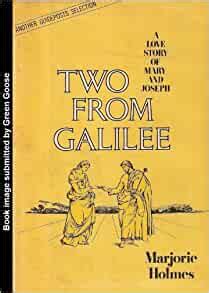A Quote by Eugene Ionesco
We are all looking for something of extraordinary importance whose nature we have forgotten; I am writing the memoirs of a man who has lost his memory.
Related Quotes
He is not easy to describe. There is something wrong with his appearance; something displeasing, something downright detestable. I never saw a man I so disliked, and yet I scarce know why. He must be deformed somewhere; he gives a strong feeling of deformity, although I couldn’t specify the point. He’s an extraordinary-looking man, and yet I really can name nothing out of the way. No sir; I can make no hand of it; I can’t describe him. And it’s not want of memory; for I declare I can see him this moment.
The world has lost a truly great soul today. Stephen Covey was a man whose 'work was love made visible.' He touched millions of people by the strength of his integrity and the depth of his caring. He was a personal friend, an extraordinary father, and a model for what human beings are truly capable of. Please join us in sending love and prayers to his family.
But in fact as knowledge expands globally it is being lost locally. This is the paramount truth of the modern history of rural places everywhere in the world. And it is the gravest problem of land use: Modern humans typically are using places whose nature they have never known and whose history they have forgotten; thus ignorant, they almost necessarily abuse what they use.
Too many things have changed. Too much time has passed. I'm different now, a man with a pocketful of unconnected but terribly vivid memories. I was looking to dredge up what I'd long forgotten. Most of all, I am wishing for something to fasten all these gems, maybe something to hold them in a continuity that I can comprehend.
Lately I've been thinking about the idea that all novels are, at least in some way, about the process of writing a novel - that the construction of the book and the lineage of people constructing novels are always part of the story the author is telling. I think the equivalent for memoir should be that all memoirs are, in some way, about the process of memory. Memoirs are made out of a confusing, flawed act of creation.
Memory is corrupted and ruined by a crowd of memories. If I am going to have a true memory, there are a thousand things that must first be forgotten. Memory is not fully itself when it reaches only into the past. A memory that is not alive to the present does not remember the here and now, does not remember its true identity, is not memory at all. He who remembers nothing but facts and past events, and is never brought back into the present, is a victim of amnesia.





































